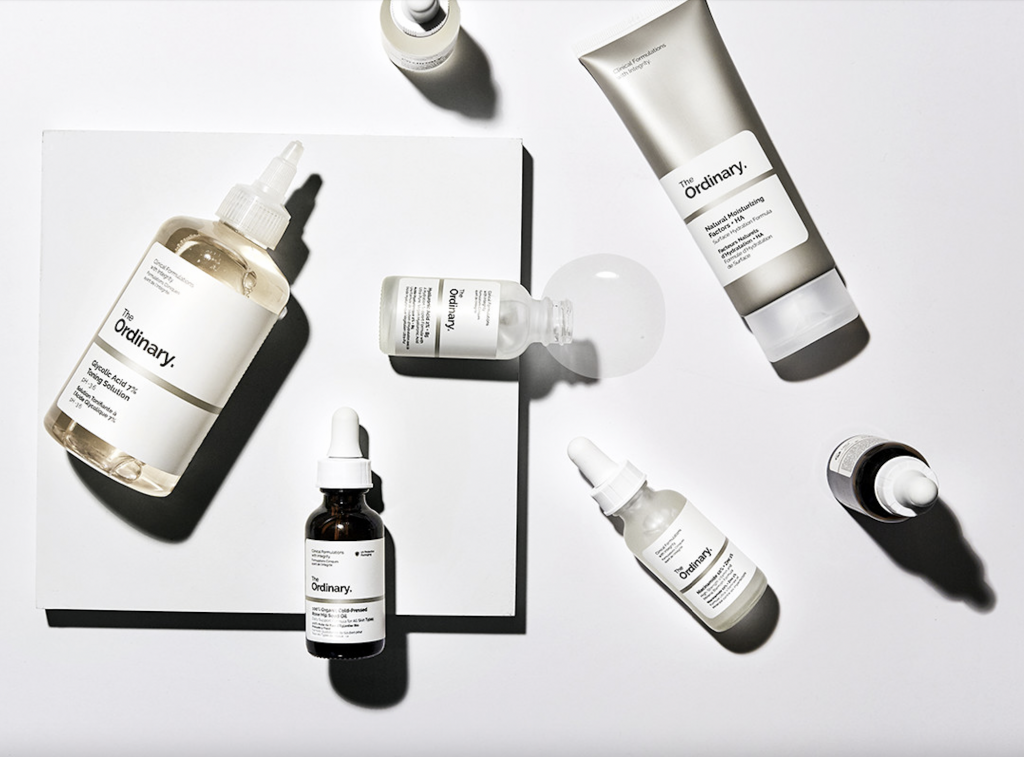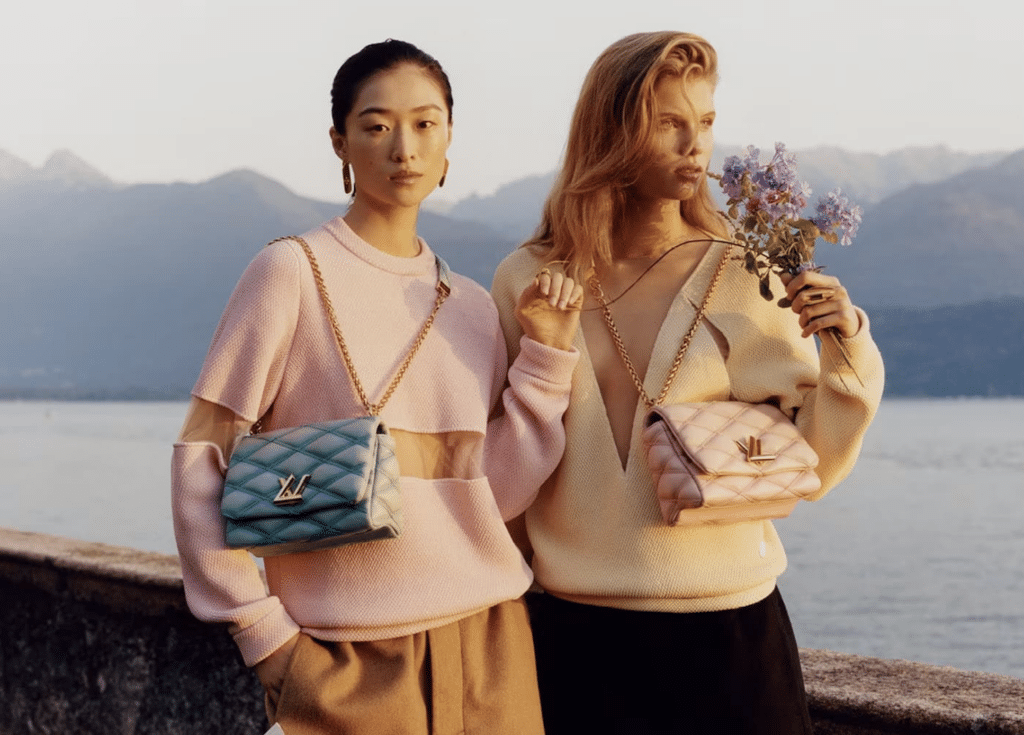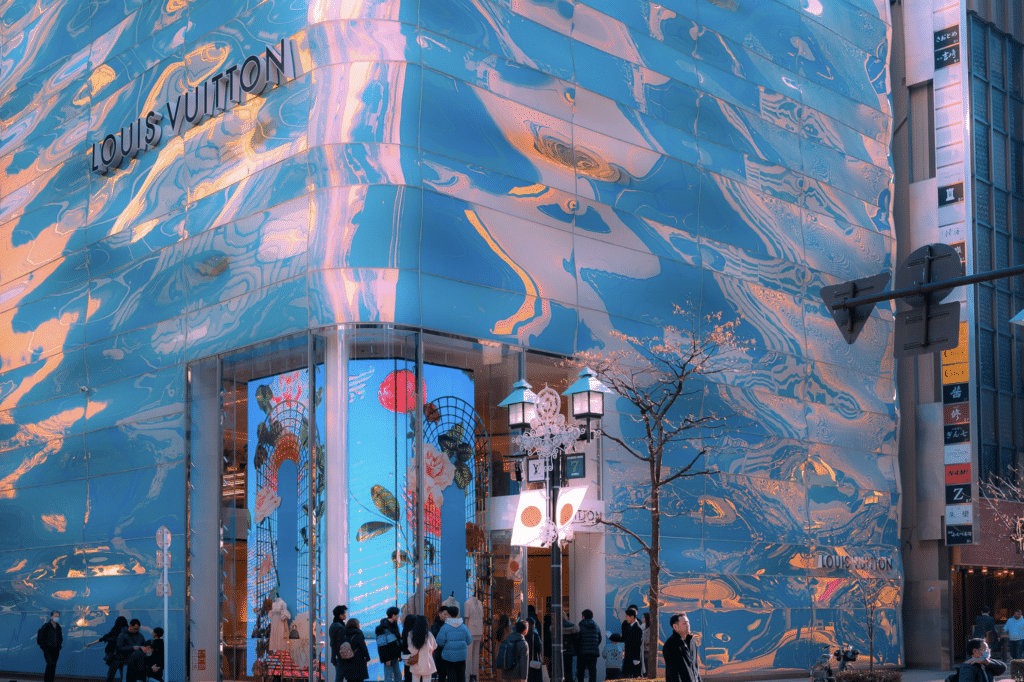On the heels of CVC announcing early this month that it would buy Shiseido’s shampoo and affordable skin-care business for a whopping $1 billion, as the Japanese giant looks to focus exclusively on its upmarket offerings, and Function of Beauty touting a $150 million strategic minority investment from L Catterton before that, Estée Lauder Companies Inc. revealed that it is the latest mover in the beauty M&A (mergers and acquisitions) market. The New York-based cosmetics titan revealed in a statement on Tuesday that it has entered into an agreement to increase its investment in the burgeoning DECIEM Beauty Group Inc. from approximately 29 percent to roughly 76 percent.
75-year-old Estée Lauder Co. confirmed on Tuesday that the deal with 8-year old DECIEM – a Toronto, Canada-based, vertically integrated, multi-brand company, whose labels include NIOD and The Ordinary, among others – is expected to close in the quarter ending June 30, 2021, with the cosmetics giant saying that it has “agreed to purchase the remaining [24 percent] interest after a three-year period” to complete the second phase of the transaction. The deal, as a whole, puts a $2.2 billion valuation on DECIEM, which generated net sales of about $460 million for the fiscal year ending on January 31, 2021.
Founded in 2013 by Brandon Truaxe, the late “visionary who set out to change the beauty industry through authenticity and transparency,” according to Estée Lauder Co., DECIEM is one of the most successful skincare companies that has come from “an explosive growth in independent ‘disruptor’ brands” that were able to scale rapidly in recent years, driven in large part by their embrace of social media and e-commerce (oftentimes in a direct-to-consumer capacity), UDL Intellectual Property consultant Mark Green stated, reflecting on the boom in skincare and beauty startups, and the rise in trademark filings (and other protections) that have come with them.
Relatively “cheaper manufacturing costs have reduced the barriers to entry” for many modern brands, according to Green, who says that many savvy companies were able to avoid traditional – and eye-wateringly expensive – advertising methods to reach digitally-connected millennial and Gen-Z consumers. More than that, in addition to bringing something different to the table (affordability paired with “authenticity and transparency” in skincare in the DECIEM-owned The Ordinary’s case), many of the most successful players in the burgeoning beauty industry regularly “engage with their customers,” giving them to ability to identify and “react quickly to their needs and trends,” he says, in order to produce and/or pivot as necessary.
“I believe this is the coolest, most interesting category around right now,” Ross Blankenship, a venture capitalist at Angel Kings, told Crunchbase News a few years ago, in reference to the skincare and beauty industry that was growing outside of the traditional realm of cosmetics titans. “The profit margins of beauty and cosmetics are so high, especially compared to perishables, which attracts investors” – and in some cases, most established market players – “to these fresh startups long-term.” And this remains true. It is, after all, precisely what has happened for DECIEM and other similarly-situated upstarts, such as Kylie Cosmetics, 51 percent of which was scooped up by cosmetics titan Coty, Inc., for instance, her sister Kim Kardashian’s KKW brand, which struck a similar deal with Coty, and Charlotte Tilbury’s eponymous label, which was snapped up by fragrance giant Puig.
Certainly, the digitally-friendly nature – and the young(ish) consumer pools – of these acquirees is a draw for big beauty companies, which “have been on an acquisition spree” in recent years, per Bloomberg, in furtherance of an industry-wide quest “to court younger shoppers with upstart brands.” At the same time, the intellectual property assets of these formerly-indie brands are a big driver for buyers. After all, “If there is no IP,” there is “no brand protection, [and] no value,” Green says, asserting that indie brands – no matter the market segment – “need to build up their brand protection” in order to be “ready for investment and buy-outs [and thereby], make the next market leap.” (This is something that millennial beauty unicorn Glossier clearly understands).
This is significant not only because “brand and brand image is [a] paramount” factor for consumers when it comes to cosmetics (and fashion, too, of course), but it is also noteworthy given that such M&A activity is expected to continue in 2021 in light of a larger move towards consolidation, spurred at least in part by the onset and impact of COVID-19. Unilever, for one, expects to double-down on deals in the beauty space, with CEO Alan Jope saying at the Consumer Analyst Group of New York Conference this month that the American consumer goods behemoth is in the process of making “strategic choices,” including in the beauty space, for “organic investment and particularly, for acquisitions.”
Jope revealed that Unilever has achieved “good progress” in terms of building out is beauty division, citing acquisitions of Dermalogica and Tatcha, and plans to continue its focus on skincare and upmarket beauty products in order to woo millennial and Gen-Z consumers, while also boosting its e-commerce capabilities since that channel has grown to account for more than half of “prestige” beauty product sales since the pandemic.
With such enduring M&A at play in the beauty space and beyond, Green encourages brands to prioritize their efforts on the legal front: “Securing strong protection through trademarks is the first thing brand owners should do when going to market.”











